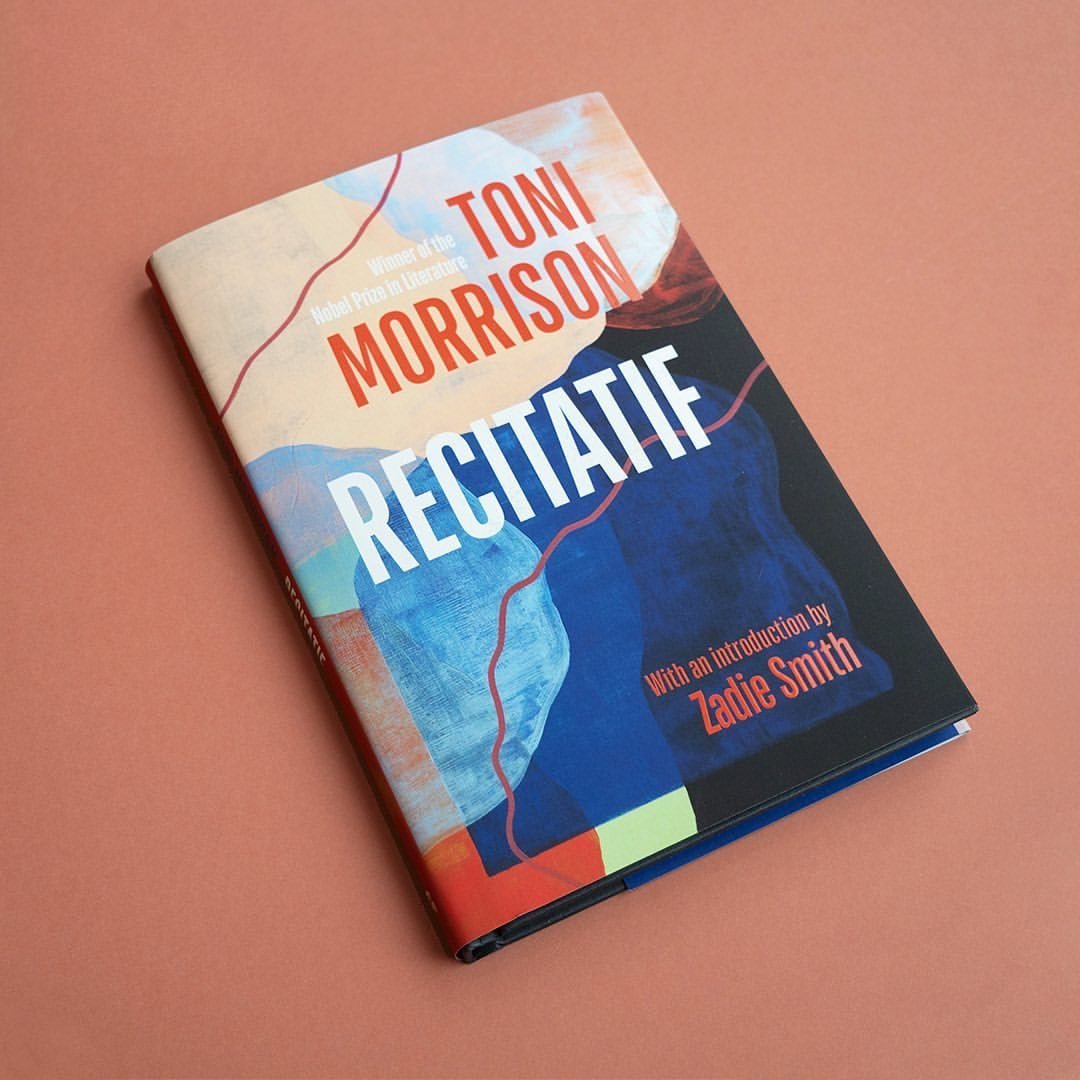Toni Morrison's 'Recitatif'
There are two very strong reasons to buy the first standalone book edition of Toni Morrison’s only short story, ‘Recitatif’ (1983) - the story itself, which not only bears but demands re-re-reading, and Zadie Smith’s brand-new and brilliant introductory essay, ‘Somebody In There After All’.
Since Zadie Smith has written the definitive analysis of the story, I won’t attempt to match her and ‘review’ Morrison’s writing (you can read her words online here in the New Yorker). Instead, this is a just a brief appreciation of both pieces, both of which you should read.
‘Recitatif’ is built on a conceit that is a kind of trick which makes you think ‘Yes, of course, why did no-one else think of doing that?’ The narrator is Twyla, a woman looking back over her long relationship with Roberta, starting in childhood. We know that one woman is black, and one is white, but are never told which (and, no spoiler, we never definitely settle the question). Instead, when you hold the story up against the light, depending on how you tilt it, from page to page the colour of the protagonists shimmies. Zadie Smith is very good on the micro-moments which might persuade us to think we ‘know’:
As readers, we urgently want to characterize the various characteristics on display. But how? ‘My mother danced all night and Roberta’s was sick’. Well, now, what kind of mother tends to dance all night? A black one or a white one? And whose mother is more likely to be sick? Is Roberta a blacker name than Twyla? Or vice versa?
and
Morrison bypasses any detail that might imply an essential quality of, slyly evades whatever would belong exclusively to one girl or the other, and makes us sit instead in this uncomfortable, double-dealing world of that which characterizes, in which Twyla seems to move in a moment from black to white to black again, depending on the nature of your perception. Like that dress on the Internet no one could ever agree on the colour of . . .
What is particularly impressive about Morrison’s writing here is that the conceit is never tricksy - it justifies itself again and again as the story deepens, and like all the best short stories it feels it has the amplitude of a novel. In the end the story turns out to be about us as much as the characters. How wonderful as a Nobel Prize-winner to publish just one short story, and for it to be perfect.
